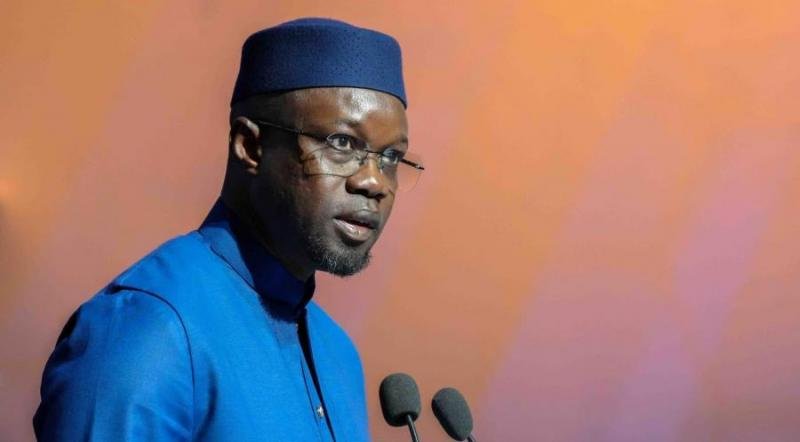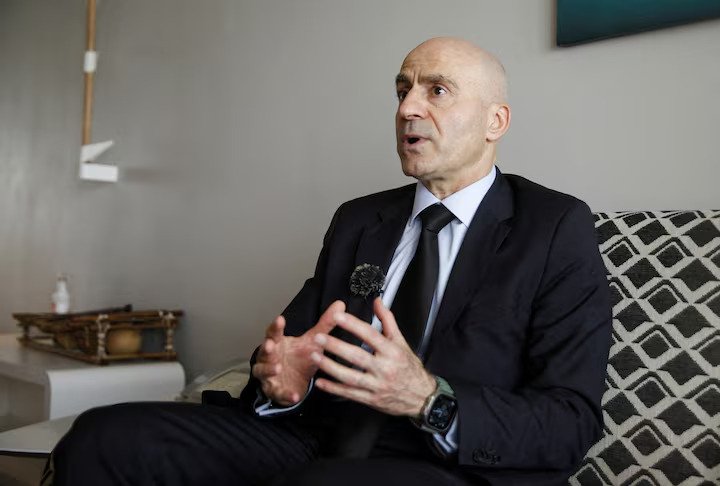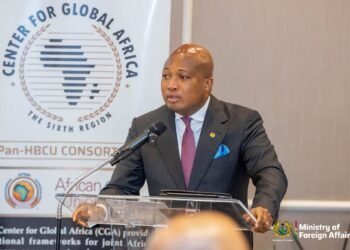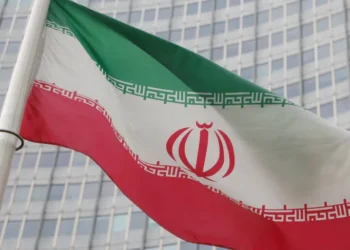The International Monetary Fund (IMF) announced that it will take several more weeks before advancing with a waiver on Senegal’s debt misreporting case. Discussions remain ongoing between IMF officials and the West African nation on corrective measures, a process that has become increasingly critical to the country’s financial stability.
The IMF had previously frozen Senegal’s $1.9 billion lending program after the country’s new leaders disclosed in September 2024 that they had uncovered hidden debts. What was initially flagged as a major discrepancy has now ballooned to more than $11 billion, raising serious questions about past fiscal management.
“Discussions on several corrective measures will continue over the next few weeks before the misreporting case can be presented to the IMF Executive Board,” Edward Gemayel, the IMF’s head of mission to Senegal, said in a statement following a staff visit.
Without the IMF board’s approval of a waiver, Senegal risks being forced to repay, jeopardizing its already fragile finances. Beyond the immediate implications, securing the waiver is essential for unlocking access to a new IMF-supported lending program that Senegalese leaders have been pressing for.
“The IMF stands ready to assist Senegal in designing an ambitious reform agenda,” Gemayel added, signaling that the Fund remains open to future cooperation despite the misreporting setback. Senegalese authorities confirmed to the IMF delegation that they intend to pursue a new program once the current impasse is resolved.
Waiver Crucial For Economic Stability
The IMF’s caution reflects concerns over both transparency and credibility. Last month, the Fund highlighted the need for more data before finalizing its assessment of Senegal’s debt position and stressed the importance of remedial measures. The hidden debts, which were accumulated while the IMF was actively monitoring Senegal’s economy under the frozen lending program, have been described as an embarrassing lapse for the Fund as well.
Senegal is also preparing to rebase its economy for the first time since 2018, a move some analysts suggest could bring the country’s debt-to-GDP ratio down to more manageable levels. But in the absence of IMF support, financing reforms and stabilizing the economy will be far more challenging.
Prime Minister Ousmane Sonko earlier this month unveiled a comprehensive recovery plan designed to wean the country off external borrowing and restore confidence. He pledged that 90% of the plan would be funded through domestic resources, avoiding any addition to the existing debt burden.

Sonko revealed that more than 4.6 trillion CFA francs, approximately $8.16 billion, have already been identified for mobilization between 2025 and 2028 without expanding state liabilities. The ambitious strategy seeks to stabilize national finances while addressing the legacy of concealed debts that derailed IMF support.
Central to the recovery plan are measures aimed at cutting expenditure and boosting revenue collection. The government intends to consolidate and reduce state institutions, a step projected to save about 50 billion CFA francs. It also plans to eliminate tax exemptions in certain sectors, notably the under-taxed digital economy, and introduce levies on online gaming and mobile money services.
The fiscal overhaul will also see tobacco taxes rise sharply from 70% to 100%, while new visa fees for travelers from non-African countries, as well as African states that impose visa requirements on Senegalese citizens, are expected to generate an estimated 60 billion CFA francs. Furthermore, the government aims to renegotiate existing contracts in oil and mining to maximize revenue.
By implementing these reforms, Senegal hopes to reduce its budget deficit from 12% in 2024 to just 3% of GDP by 2027. The recovery plan also emphasizes economic sovereignty, social equity, and improved public spending efficiency. Increased investment in essential services such as education, healthcare, and vocational training forms a central part of the agenda.
Prime Minister Sonko underscored the importance of inclusive economic dialogue, calling on private sector stakeholders to work alongside government efforts in building a resilient and sustainable economy.
READ ALSO: IMANI Pushes Retail Reform Amid Policy Shift


















